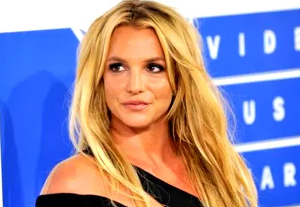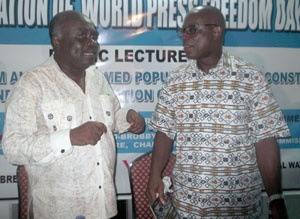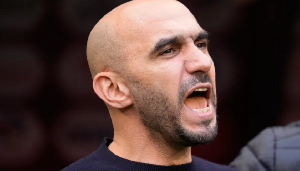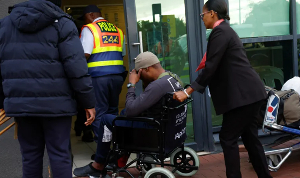Former Chief Executive Officer (CEO) of the Volta River Authority (VRA), Dr. Charles Wereko-Brobby has called on government to hand over management of the media airwaves to the National Media Commission (NMC).
Speaking at a public lecture on the eve of World Press Freedom Day on Thursday themed, “Safe to Speak: Securing Freedom of Expression in All Media,” Dr Wereko-Brobby, popularly called Tarzan, said the media landscape is like a jungle without any rules to ensure professionalism.
According to him, the discourse and output of Ghana’s media is dominated by loud, partisan, but also mainly hollow posturing by surrogates acting on behalf of the political classes, both the rulers and those waiting to rule.
Tarzan said, “We are still not doing things according to what the constitution stipulates and until and unless we do so, we will continue to be haunted by the inherent threat of usurpation of our rights by governments upset and aggrieved by the actions of one or more broadcasters.”
He said the Act, which gave overall supervising powers for the allocation of broadcasting frequency to government instead of the independent National Media Commission (NMC), threatens the freedom and independence of the press.
“That is the only way the media can separate itself from political control.”
Ghana’s media is rapidly falling into the danger of uncontrollable and arrogant collaborators of rulers against the personal and collective interests of the people, he explained.
He also called for the passage of the broadcasting law to help regulate the media, adding that without a broadcasting law to regulate media activities, media practitioners will be in a media jungle.
Dr. Wereko-Brobby said, “The lack of a law to regulate independent broadcasting has literally led to the creation of an uncontrollable and messy media jungle in which each and every one swings from one tree to another without any defined bounds.”
“We have done well in having truly liberated and vibrant airwaves in Ghana but we have failed to exorcise ourselves of the constantly looming threat of licensing powers assumed by our governments,” he said.
Tarzan, who pioneered private broadcasting in the country, said Ghana’s broadcasting environment had moved from the monotonous singularity of Ghana broadcasting radio into the jungle and quagmire of overwhelming pluralism and sameness of output characterized by no control of language, accuracy or legality.
Dr Wereko-Brobbey said when President John Dramani Mahama was the Minister of Information, he sought to bring sanity and decorum to the growing use of unpolished and indecent language on the airwaves by proposing time delay technology to the broadcasting operations, but he was not supported as his proposal was seen as the opening wedge by the government to bring back censorship and control through the back door.
“In 2001, the Attorney General, Nana Akufo Addo also sought to give legal teeth to the policing powers of the National Media Commission (NMC) to oversee the media, but his proposal was also rejected outright by Ghana’s media and the Commission has remained a toothless bull dog,” he said.
Dr Wereko-Brobbey said Ghana’s media had assumed an unfettered freedom without any restraints and it was time it allowed itself to be checked by advocating the establishment of a broadcast law.
He also called for the repeal of the National Communication Act ”that gives the Minister of the ruling government supervising powers for allocation of broadcasting frequency instead of the independent NMC.
Dr Wereko-Brobby said the media in Ghana had abandoned their watchman role, especially after the repeal of the criminal libel law in 2001.
Tarzan said there was no diversity in the operations of the media, and urged practitioners to diversify their programmes.
Kabral Blay-Amihere, Chairman of the NMC, said the broadcasting media owe its allegiance to Dr Charles Wereko-Brobbey, who was the founder of Ghana’s first private radio station, the RADIO EYE.
He urged media practitioners to also find time and tell their own stories.
General News of Monday, 6 May 2013
Source: dailyguideghana.com
Media falling into danger – Tarzan
Entertainment












